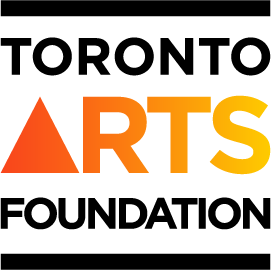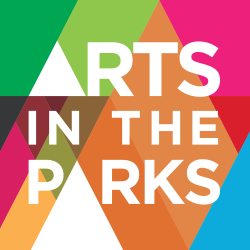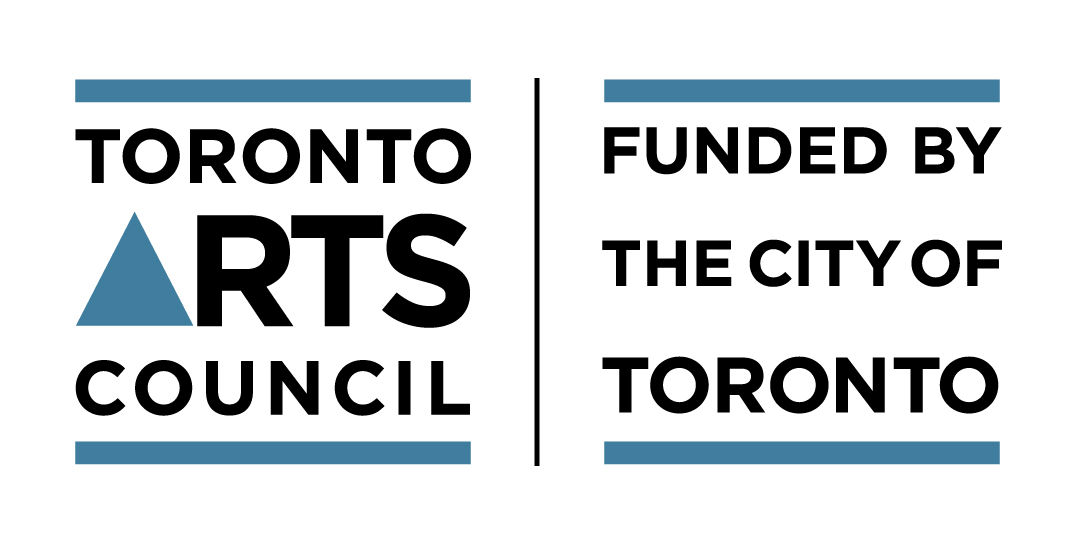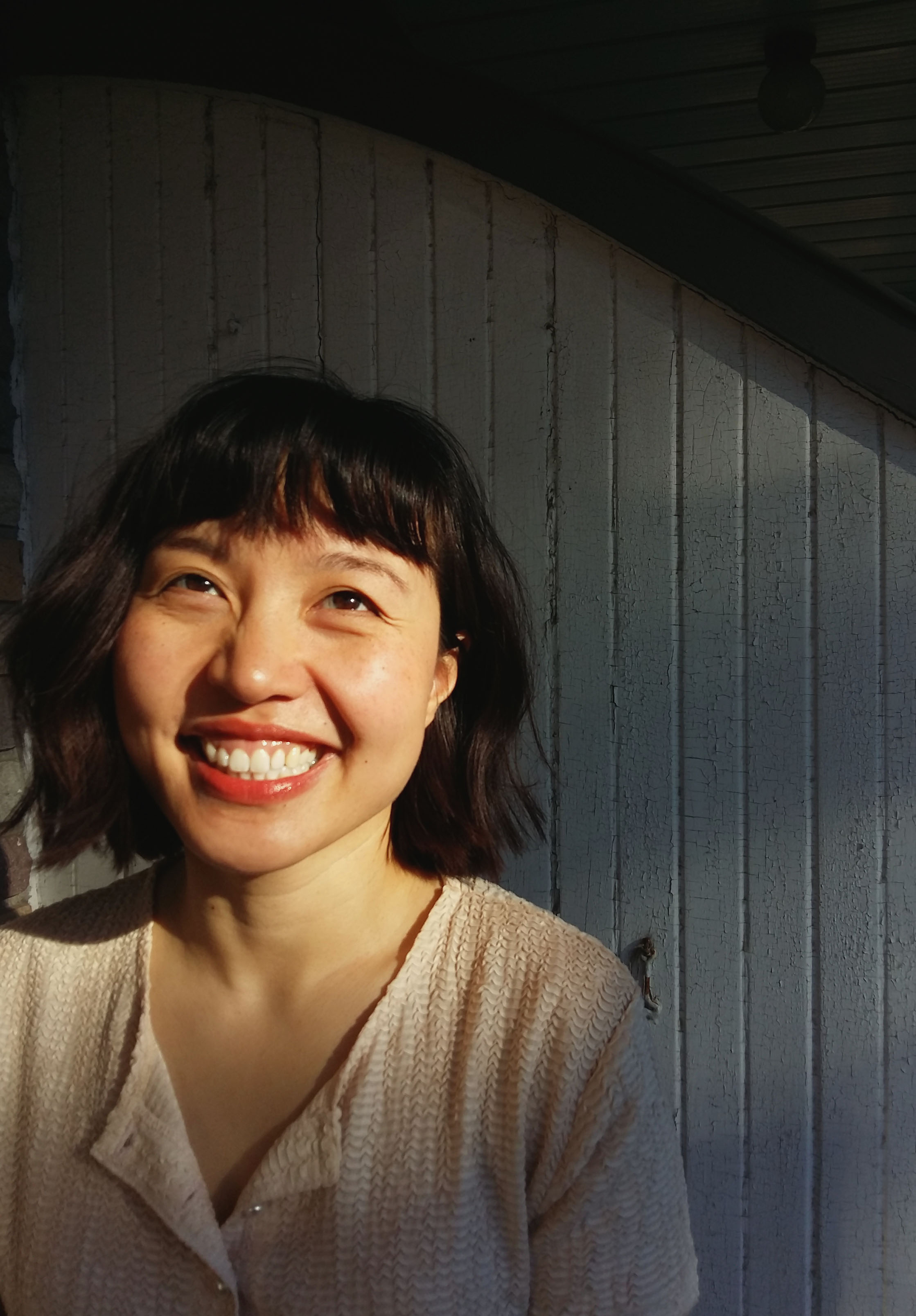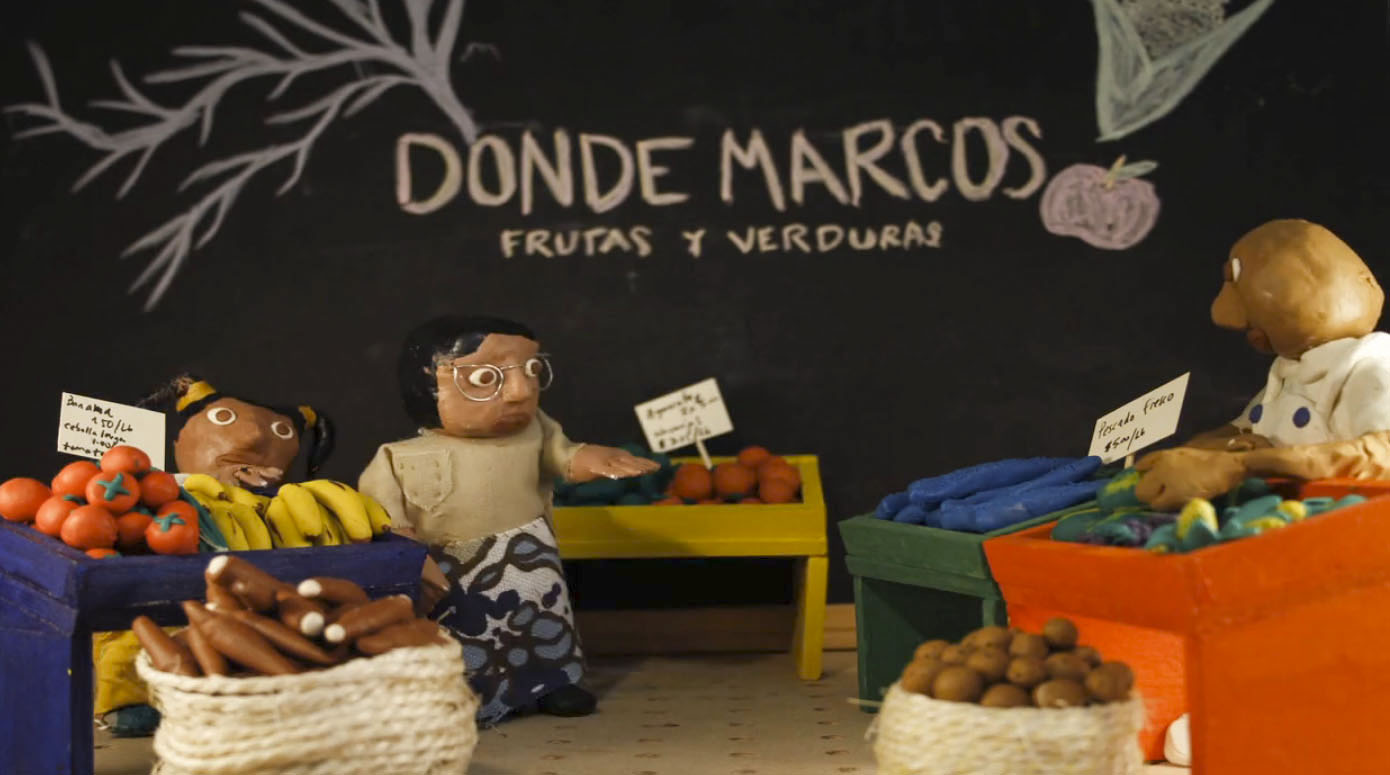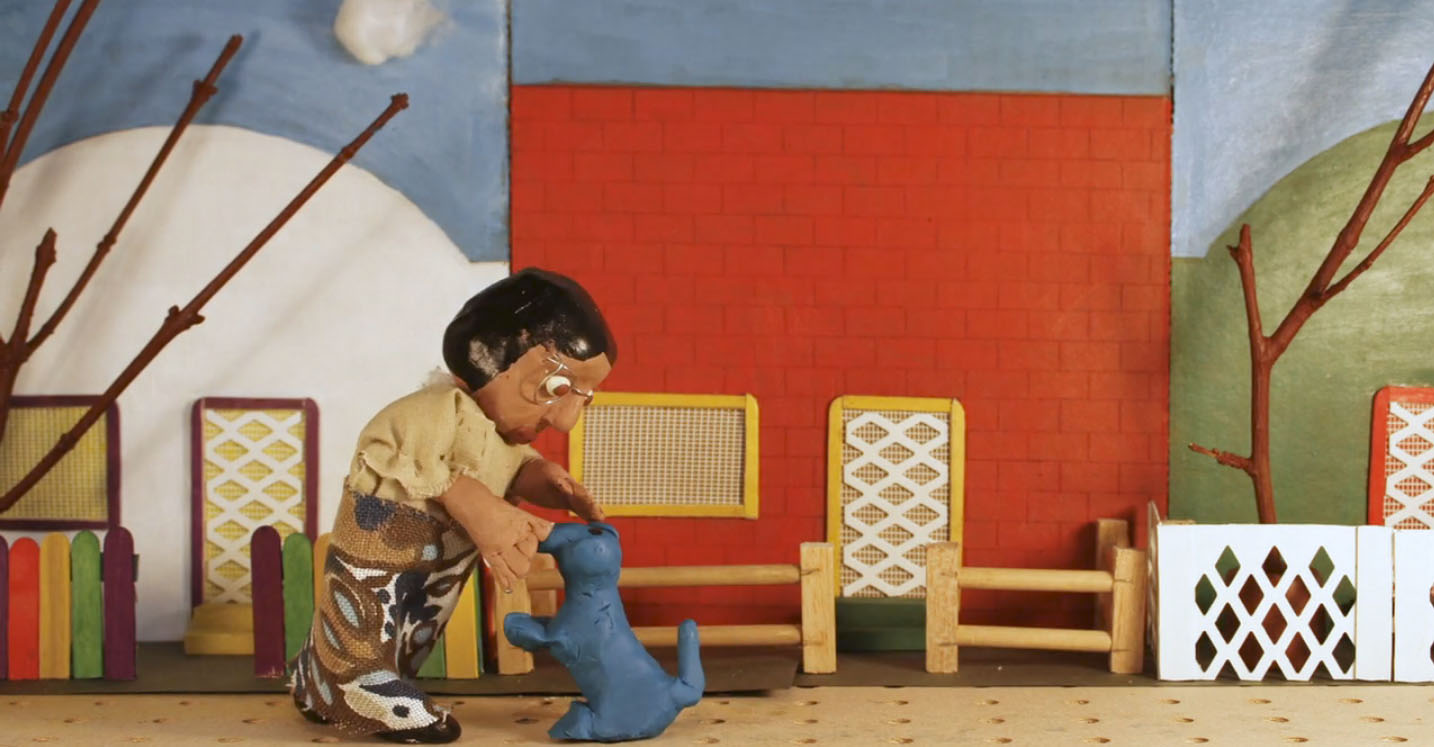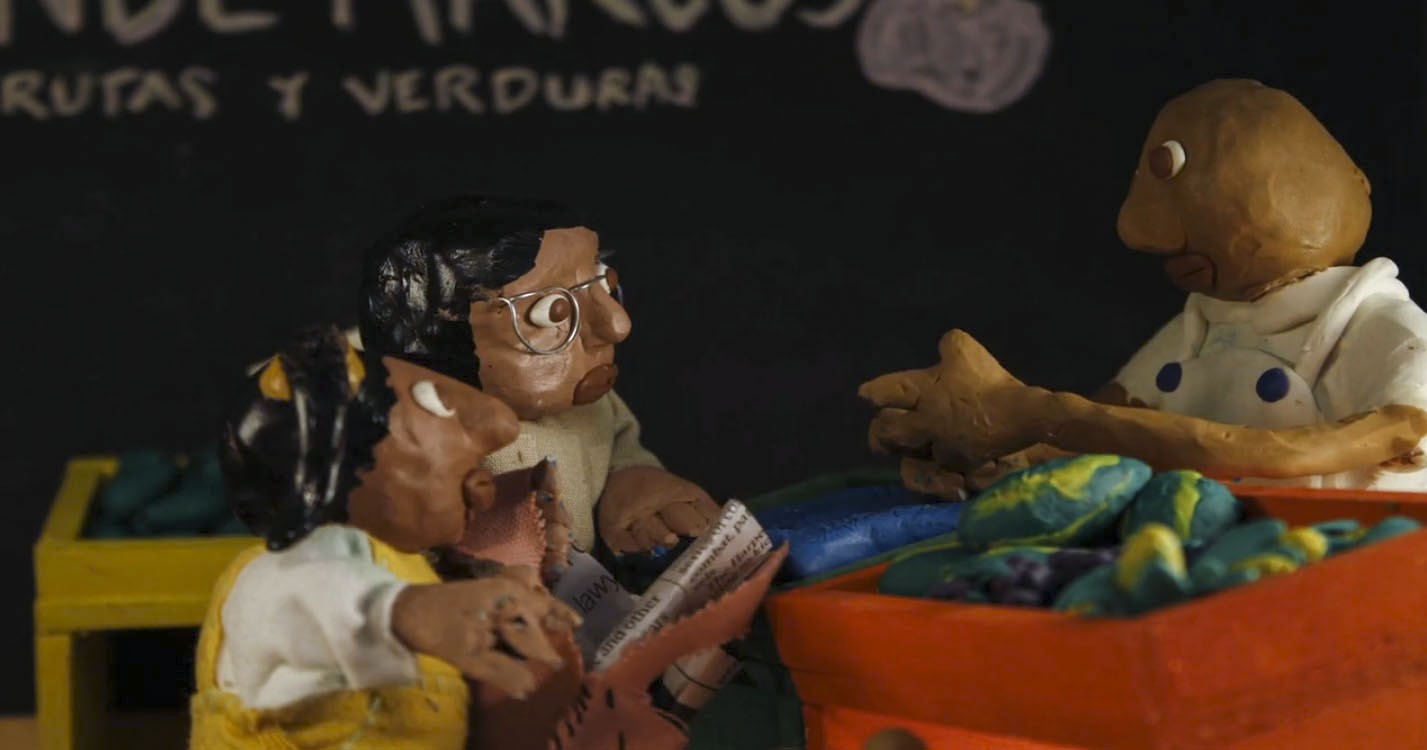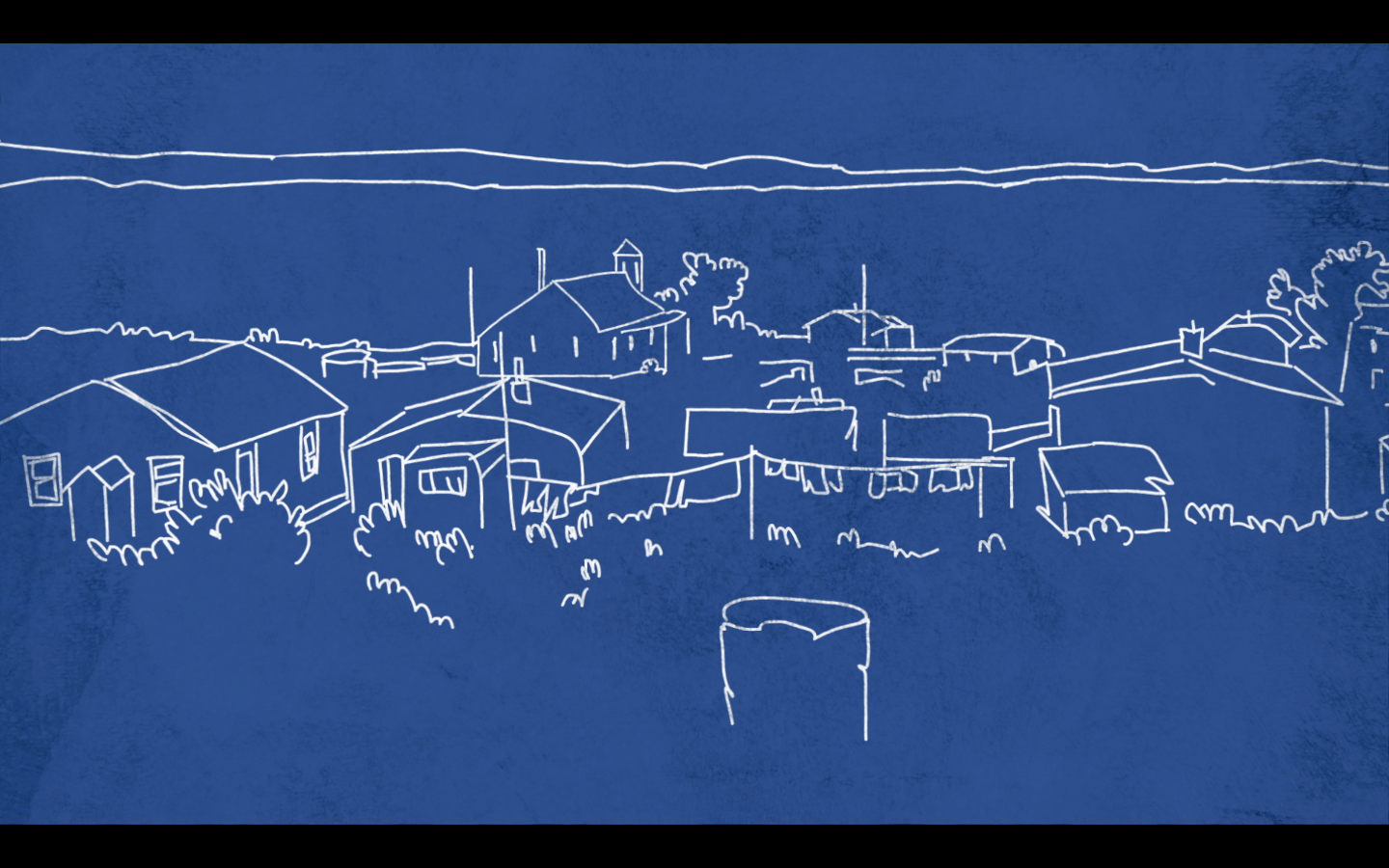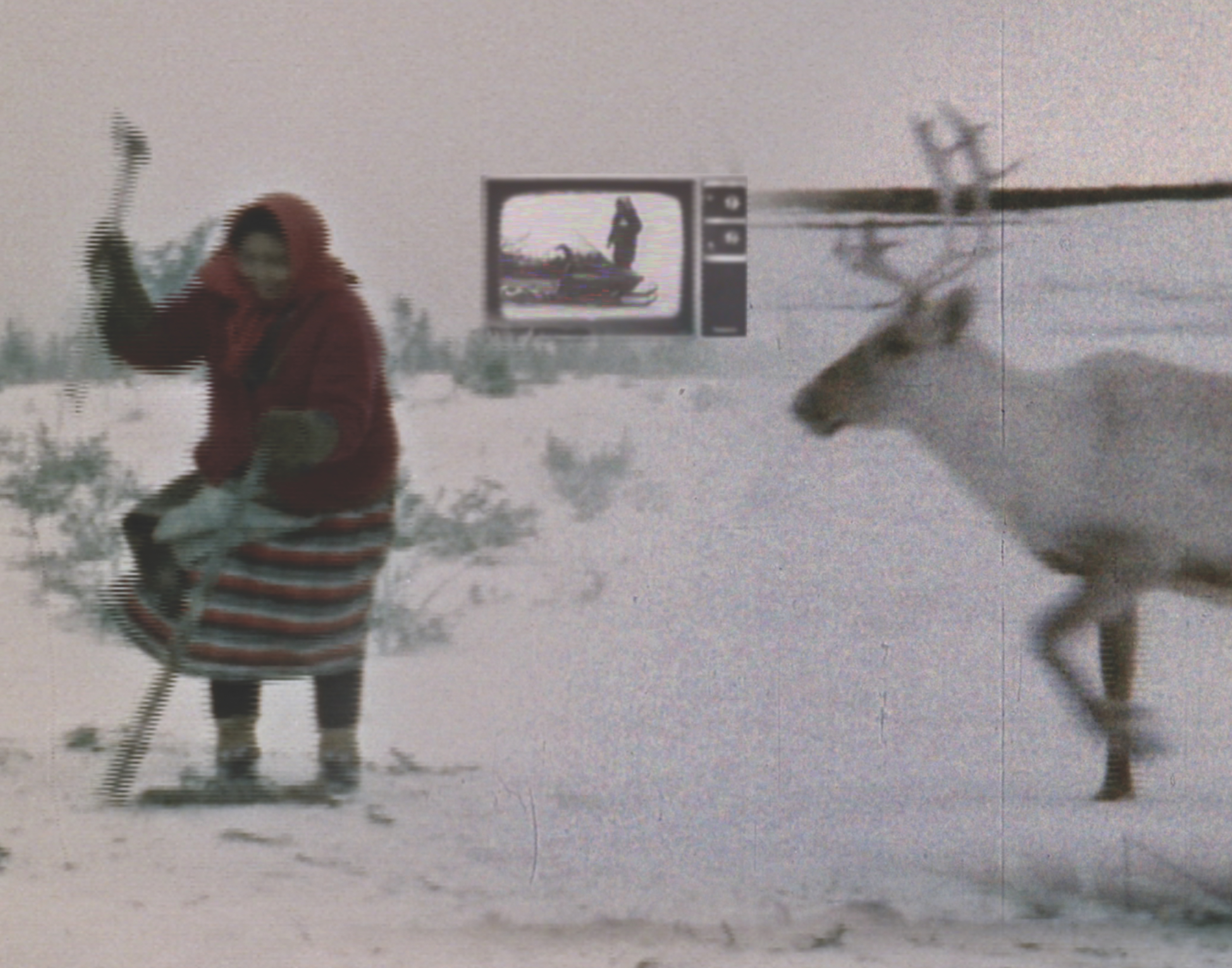Fly by Night
Sat., July 6, 2019
7:00 pm
Lee Lifeson Art Park
223 Gladys Allison Pl.,
North York Centre Station
North York, ON
FREE EVENT
Part of Summer 2019
Fly by Night is an experimental art park hang out. Opening with sound artist, Elliott Fienberg, performing a hybrid of a DJ set and live PA, mixing ambient, techno and sounds from around the world. Then, percussionist and performer, Germain Lui, will lead us through the art park with a dynamic sound performance. These sound performances are followed by an hour-long outdoor screening at night delving into the rhythms and waves of immigrant narratives that sustain and thrive in North York, ON. Fly by Night celebrates a multitude of voices including filmmakers from the Korean, Persian, Chinese communities and more.
7:00 – 8:30 pm Elliott Fienberg – Ambient Techno
8:30 – 9:00 pm Germain Liu – Sound Performance
9:20 – 10:30 pm Fly by Night – Outdoor Screening
Read below for interview tidbits with the Fly by Night filmmakers!
Ramyeon, Kimura Byol-Nathalie Lemoine, 2012.
Le Flan, Raoul Olou, 2013.
Whitewashed, Nadine Valcin 2016.
Caribou in the Archive, Jennifer Dysart, 2018.
Abuelita, Alejandra Higuera, 2013.
Portrait of a Zamboni Driver, Nadine Arpin, 2018.
Mnoomin (Wild Rice), Alex Fox, 2014.
Stroke, Weibin Wang, 2017.
Flower Casting Shadow on Stone, Taravat Khalili, 2014.
Moving, Leslie Supnet, 2007.
Double-sided Tape, Bo Fan, 2018.
Negative Reversal, Samuel Lee, 2015.
Grief without Fantasy, Midi Onodera, 2012.
Flown Awake, Taravat Khalili, 2018.
Afriqueville, Raoul Olou, 2018.
SOUND PERFORMERS BIOS
Germaine Liu is a Toronto-based percussionist, performer and composer. Her compositional interests involve collaborations with people or the objects she plays and joyful explorations of everyday gestures and feelings. Recent collaborations include CeramiX with artist Chiho Tokita, creating compositions to Tokita’s ceramic works and Water Music with Joe Sorbara and Mark Zurawinski, exploring sounds of water. Liu has performed as a soloist and has been privileged to collaborate with many wonderful musicians, dancers and artists. She is part of a number of Toronto-based ensembles, including c_RL with Nicole Rampersaud and Allison Cameron, Octopus with Mark Zurawinski, The Titillators, and Picastro.
Sound artist and producer Elliott Fienberg approaches music as a practice of tinkering, both when designing sounds or designing physical interfaces and installations for performances. For the Fly By Night screening, Elliott will be performing a hybrid of a DJ set and live PA, mixing ambient, techno and sounds from around the world. Hear his work here: soundcloud.com/fienberg
This FREE EVENT is sponsored generously by the Animating Parks program with the Toronto Arts Council and in partnership Arts in the Park with the Toronto Arts Foundation.
Interview tidbit with Germaine Liu:
PD: As a percussionist, you don’t only use percussion instruments, but also multiple objects and their sounds, as your performances also involve a lot of objects. You once stated that it can be regard as “friendly exchange” between you and the objects, can you elaborate on the relationship between sound and object as a composer?
Germaine Liu: As a person that likes to compose, my relationship with sound changes depending on the situation. Sometimes I like to go on youtube and find 8 hours of bird sounds and play it as a background when I am not actively listening or make up silly songs and sing them around the house or rock out on a classic drum beat! In the context of instrument/object explorations, I am particularly drawn to touch and the tactile experience through physical exchange and welcoming sound as a bonus part of the exchange.
This is what I think of sometimes as “friendly exchange” which is my musical version of how I first experienced the practice of ‘contact dance’, a form of dance improvisation where dancers remain in contact throughout. I see it as a partnership of movement creation through an exchange of trust and negotiation with a commitment to the flow of everchanging activities. Since there is this commitment of sticking together, negotiating balance and heightened listening to the bodies for safety and creation, there will always be a kind of ongoing adventure into the unknown which is exciting to me. Often when I explore the exchanges of touch with the instrument/object I try my best to commit completely and follow to where the momentum takes our relationship.
PD: From a sound artist’s perspective, it seems that you prefer real objects instead of synthetic sound, electronica sounds, do you consider there’s sort of naturalism in your work?
Germaine: From my perspective as a person that enjoys exploring with objects and acoustic sounds, I don’t think I prefer one kind of sound exploration over another. I think there is a lot of incredible music out there, both electronic and acoustic. I think I just got involved with acoustic sounds because I studied music with a percussionist/composer/educator Jesse Stewart who is interested in object exploration. He encouraged me to explore the sonic potential of percussion instruments and objects while I was in school and I have just continued on with that journey. I love loop pedals and all these amazing sounds that people are making with computers. I am just so grateful that there are many different ways to explore sound out there that allows us to experiment with what is possible beyond ourselves.
Interview tidbit with Bo Fan:
PD: In the video work “Double-Sided Tape”, it seems that you use the term as a metaphor of the family relationship fixed by Chinese-speaking world, especially the video juxtaposes Ang Lee’s film clips of the movie “The Wedding Banquet”, as well as the song lyrics in the video “The worst is to not produce any offspring”. Do you regard this work as a resistance to so-called traditional Confucianist family value that conflicts your gender identity? Can you also elaborate a bit on the anxiety that you show in the works by presenting the home video footages and soliloquy?
Bo Fan: The song, Often Going Back Home to Visit Our Parents, in the karaoke/lyrics segment of the video, is a very well-known stereotypical Chinese New Year song that indicates the idea of the family reunion. What I feel about the juxtaposition of The Wedding Banquet and my family footages in this part is almost like a reminiscence of the days of a happy family, the days before I came out to both of my parents; it has a sense of “false” happiness. It is genuine happiness, but with some distance, especially through my position nowadays.
I don’t think of the work as a resistance to traditional values, Chinese or Confucianist, whichever it may be called. Interestingly, in ancient China, homosexuality was not considered as sin; rather, it was tolerated and recognized, though not totally accepted. It was regarded, as a common fetish co-exists with the “continuing the family line” ideology. The traditional belief of “Yin and Yang” (though it is Taoist) principle of sexuality allows genders and orientations to stay in a relatively fluid state. The legitimation is also reflected in many flourishing Chinese homoerotic literature and art.
It is frustrating that many of the great ancient wisdom were sometimes misunderstood or even being standardized to one interpretation with the passage of time. For instance, the offspring quote in the next segment of the video was an analogy of how my parents and I interpret the traditional values differently. I guess I was also hoping to use this video to bridge the gap between my dad and me.
Interview tidbit with Raoul Olou:
PD: You once talked about the history of animation and how animation is able to address or serve as a vehicle to convey important messages. Compared to your previous works Hell Kitchen and Le Flan, Africville seems to address a serious topic about the history of marginalised black community on the outskirt of Halifax. What inspired you to make the work?
Raoul Olou: I grew up in Senegal, and lived in Paris myself for 8 years. I moved to Toronto after living in Montreal for better work opportunities. With Africville, I was contacted by Leroi Newbold the school director of Freedom School in Toronto, a three-week program for kids to learn about black liberation, community organizing and self-pride. We travelled to Halifax and met people that had lived in Africville or had their parents growing up there. With that film my main intention was to let people that knew about Africville through their personal experience or that of their parents, share their vision of what Africville meant for them.
Partners
